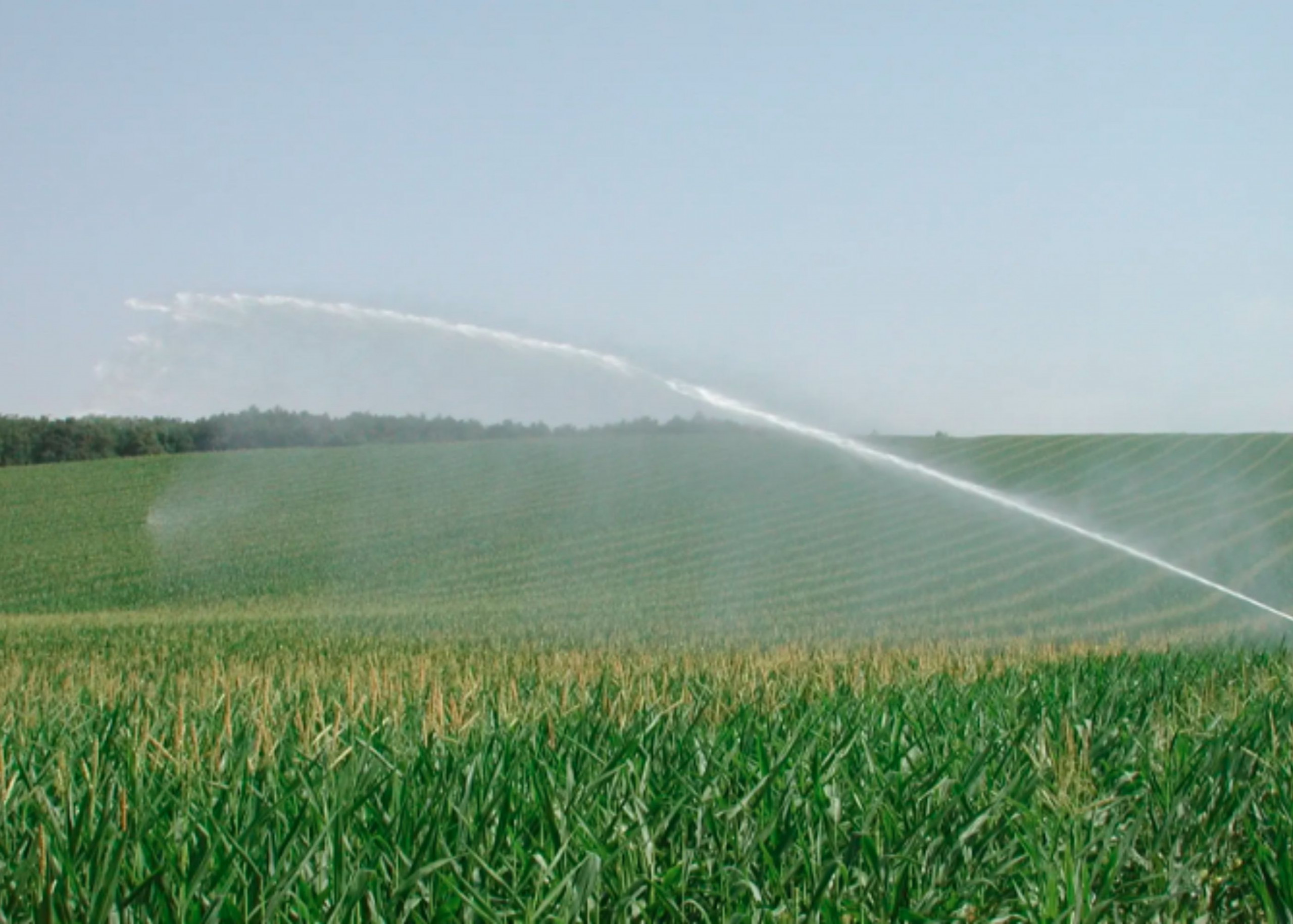News in Brief:
– The government of Ghana has announced a relief package for farmers affected by dry spells in the country.
– This support includes food grants and investments in irrigation and grain storage to ensure long-term food security.
The government of Ghana has announced a significant relief package for over 800,000 farmers in regions severely impacted by recent dry spells. This lifeline comes as a response to the food crisis that has devastated agricultural productivity across these areas.
Ghana’s Minister for Food and Agriculture, Bryan Acheampong, revealed the package during the Ministry of Information Meet the Press series. Essentially, he emphasised that the government has taken swift action in the wake of the dry spells. These measures include mobilising resources, securing parliamentary approval, and garnering support from international partners like the World Bank.
Immediate relief for farmers
Specifically, as part of the relief effort, the government will begin distributing food grants to over 800,000 farmers in the eight most affected regions starting October 10th.
Reportedly, these regions are in the Northern, Upper East, Upper West, and Savannah parts of the country and parts of Bono and Brong-Ahafo regions, which are experiencing the most severe consequences of the dry spells.
Subsequently, each affected farmer will receive 25kg of rice and 100kg of maize. The initiative is to help them cope with the immediate food shortages. The minister stated that the distribution will be managed through the Ghana Agriculture and Agribusiness Platform (GhAAP), in a bid to ensure transparency and accountability.
Long-term solutions for sustainable agriculture
However, beyond immediate relief, the government is also focused on long-term solutions. These are expected to ensure sustainable agriculture and build resilience against future dry spells. These solutions include:
- Increased Investment in Irrigation: Commitment to an annual investment of GHS 3 billion in irrigation projects over the next decade. This will improve access to water for farmers, making them less dependent on rainfall.
- Long-Term Grain Storage: Increase of grain storage capacity by 100,000 metric tons per year for the next 16 years. This will create a buffer stock of food that can be released during times of shortage.
- Strengthening Planting for Food and Jobs Phase 2: This initiative will encourage the use of drought-resistant crops and climate-smart agricultural practices.
Effectively, these measures aim to build a more resilient agricultural sector that can weather future dry spells. Consequently, the measures seek to ensure long-term food security for the nation.
Meantime, the government has expressed its gratitude to all stakeholders involved in addressing the food crisis. These include the World Bank, ECOWAS, and local partners.
The response is expected to provide much-needed relief to struggling farmers and stabilise the food supply in the coming months.



